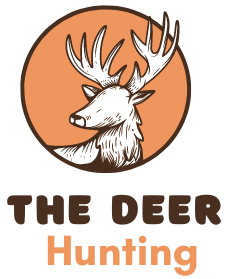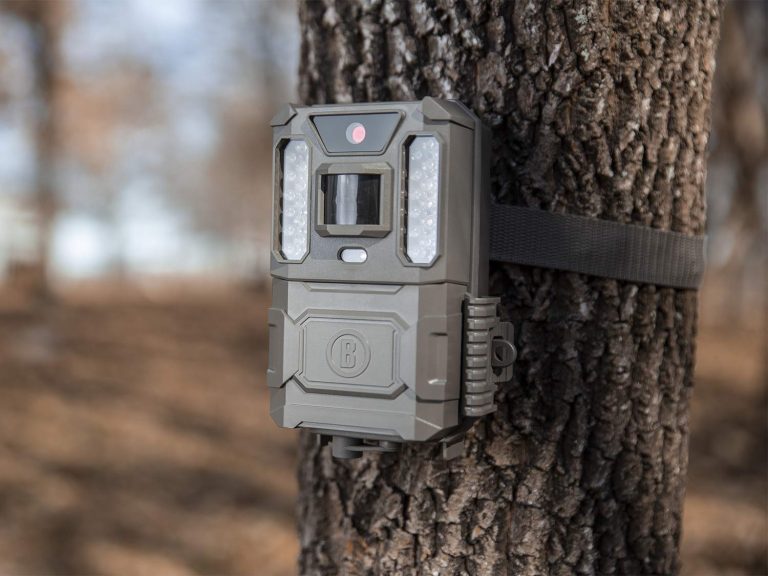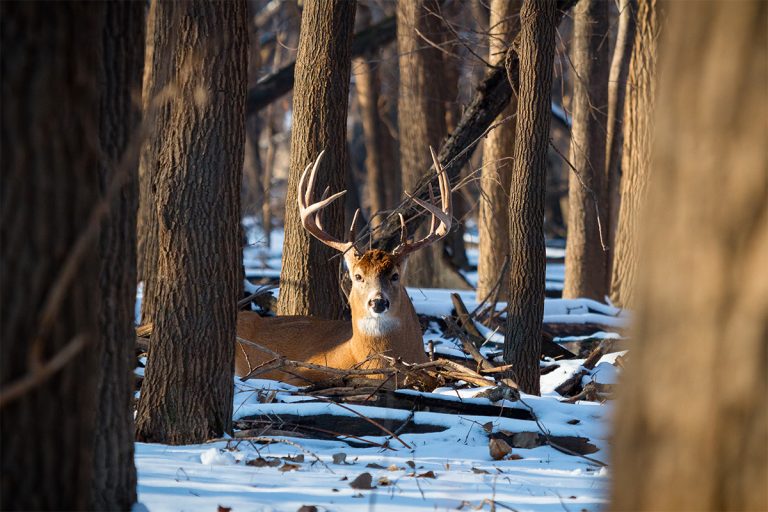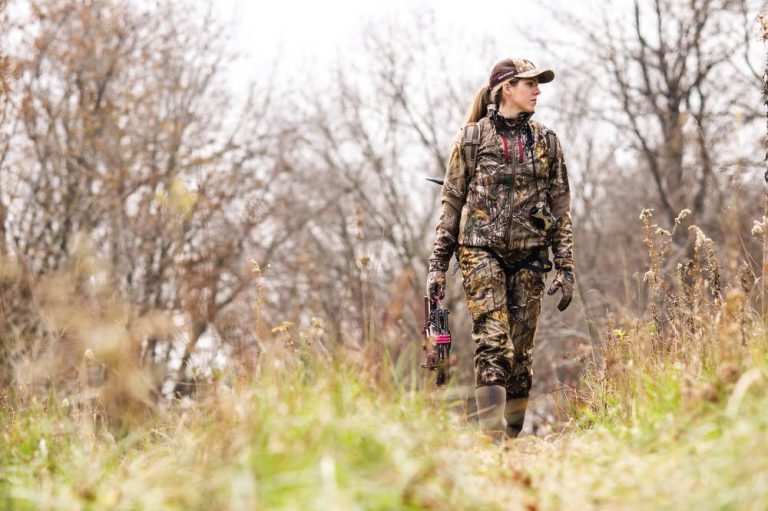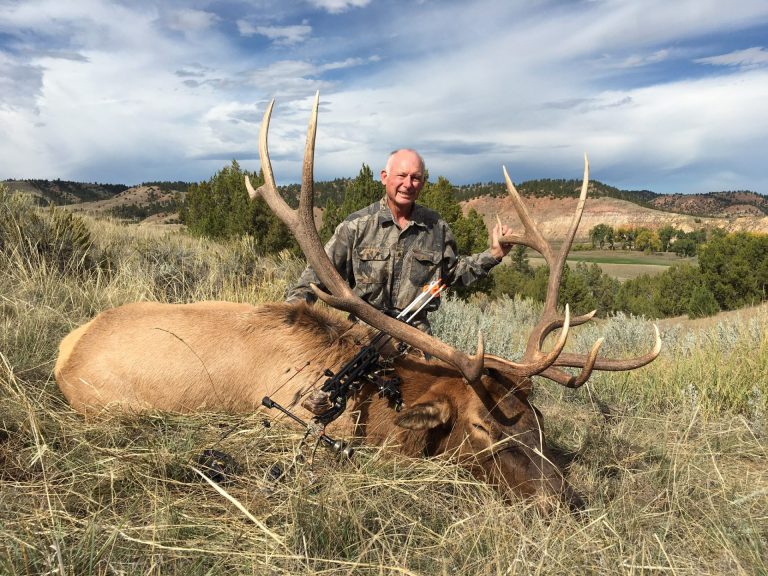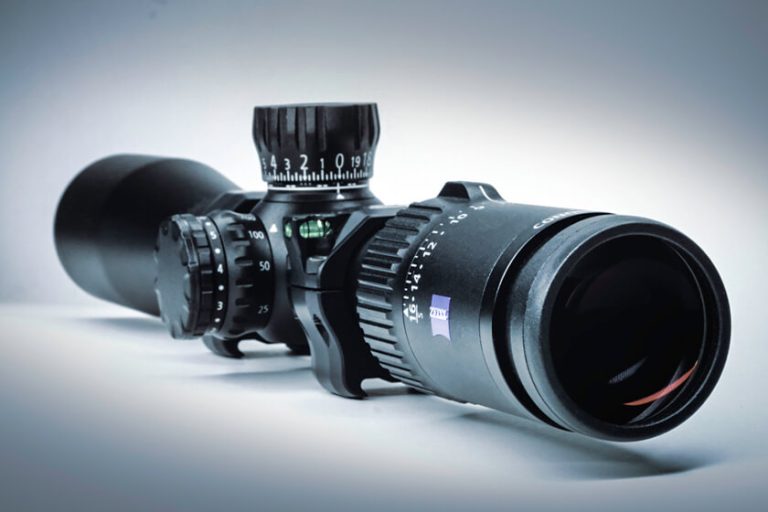How to Improve Your Deer Hunting Skills
To improve deer hunting skills, focus on practicing accurate aiming and mastering stealth techniques. In addition, understanding deer behavior patterns and selecting the right hunting equipment can significantly enhance your success rate.

Credit: www.amazon.com
Understanding The Deer Behavior:
Understanding deer behavior is crucial for improving your hunting skills. Various factors influence deer behavior, such as habitat preferences, food sources, and weather conditions. Deer tend to favor specific habitats like forests, fields, or swampy areas. They are also highly dependent on the availability of food sources, which can be influenced by seasonal changes.
Additionally, weather conditions play a significant role in deer behavior, affecting their movement patterns and feeding habits. By studying these factors and their interactions, you can identify the best areas and times to hunt deer effectively. So, whether you are a seasoned hunter or a beginner, gaining insight into deer behavior will undoubtedly enhance your chances of success in deer hunting.
Enhancing Your Shooting Skills:
Enhancing your shooting skills is essential for improving your deer hunting abilities. One crucial factor is the appropriate selection of your rifle, considering factors like caliber and bullet trajectory. Furthermore, choosing suitable optics can greatly enhance your shooting accuracy. It is also important to hone your marksmanship by practicing different shooting positions.
Mastering long-range shooting techniques is another way to improve your skills. Lastly, developing the ability to shoot accurately under pressure is vital for successful deer hunting. By following these guidelines, you will be on your way to becoming a skilled deer hunter.
Practice regularly, challenge yourself, and enjoy the journey of improving your deer hunting skills.
Effective Scouting Techniques:
Effective scouting techniques are crucial for improving your deer hunting skills. Proper camera placement helps gather insights on deer movement patterns, while analyzing trail camera data provides valuable information. Reading deer signs and identifying rubs and scrapes can enhance your understanding of their behavior.
Recognizing bedding areas, deer trails, and feeding areas allows you to map out your hunting area effectively. Utilizing aerial maps helps identify potential hunting spots, and creating a hunting plan ensures a focused approach. Mastering these techniques will sharpen your skills and increase your chances of a successful deer hunt.
So, get out there, apply these strategies, and elevate your hunting game to the next level!
Enhancing Your Stealth And Concealment:
Enhancing your stealth and concealment is crucial in improving your deer hunting skills. One important aspect to consider is the importance of scent control. Using scent-free soaps and detergents can greatly reduce your scent. Employing scent elimination techniques, such as washing your hunting gear in odor-eliminating products, will further minimize your odor.
Additionally, utilizing scent-reducing clothing, designed to trap and eliminate odors, is essential. To effectively blend in with your surroundings, mastering camouflage techniques is vital. Choosing the right camouflage patterns that match your hunting environment will enhance your ability to remain hidden.
Lastly, utilizing natural cover, such as trees or bushes, will help you establish a physical barrier between you and your target. By following these tips, you will greatly increase your chances of a successful deer hunting experience.
Improving Calling And Decoying Skills:
Improve your deer hunting skills by enhancing your calling and decoying techniques. Start by selecting the appropriate calls for different deer vocalizations. Use grunt calls effectively to attract deer and understand their behavior. Incorporate rattling techniques to simulate a fight and provoke curiosity.
Implement realistic decoys to create a convincing hunting scenario. Choose decoys that resemble deer and set them up properly to attract deer’s attention. Experiment with different hunting scenarios to find the most effective use of decoys. By honing your calling and decoying skills, you can greatly improve your chances of success in deer hunting.
So, get ready to take your hunting game to the next level!
Analyzing The Hunting Environment:
Analyzing the hunting environment is crucial to improving your deer hunting skills. Understanding wind direction and scent control is the first step in this process. Identifying prevailing wind patterns helps you position yourself strategically. Utilizing wind indicators, such as wind flags or smoke, can further aid in determining wind direction.
Based on the wind direction, adjusting your hunting strategy is necessary to maximize your chances of success. Adapting to different weather conditions, including hunting in rain or snow, is essential. By utilizing weather patterns to your advantage, you can gain an edge in your deer hunting endeavors.
Remember, analyzing the hunting environment is key to improving your overall skills and increasing your chances of a successful hunt. So, pay attention to wind direction and weather conditions, and adjust your hunting strategy accordingly.
Tracking And Recovering Techniques:
Improving your deer hunting skills requires mastering various tracking and recovering techniques. Understanding blood trailing is crucial for successful hunts. Identifying different types of blood helps determine the shot placement. Analyzing blood trails provides valuable information on the deer’s direction and condition.
Utilizing tracking dogs can greatly increase your chances of finding wounded deer. Employing effective tracking techniques, such as following hair and hoof marks, is essential. Differentiating between vital and non-vital shots helps determine the urgency of the pursuit. Using tracking markers along the trail can aid your search.
Utilizing grid search patterns allows for a thorough and systematic approach to tracking. By honing these skills, you’ll become a more proficient deer hunter.
Frequently Asked Questions Of How To Improve Your Deer Hunting Skills
Is Scouting Important For Improving Deer Hunting Skills?
Yes, scouting is crucial for improving your deer hunting skills. By understanding the deer’s behavior, habitat, and movement patterns, you can identify prime hunting locations and set up accordingly. Scouting helps you anticipate their movements and increases your chances of a successful hunt.
How Can I Improve My Shooting Accuracy For Deer Hunting?
To improve shooting accuracy for deer hunting, practice regularly at the shooting range to develop your marksmanship skills. Focus on proper stance, grip, and aiming technique. Also, simulate real hunting conditions by shooting from different positions and distances, as this will enhance your overall accuracy and confidence in the field.
What Should I Consider When Choosing Hunting Equipment For Deer Hunting?
When choosing hunting equipment for deer hunting, consider factors such as the season, terrain, and your personal preferences. Opt for a reliable rifle or bow suitable for deer hunting. Additionally, invest in quality camouflage clothing, scent control products, and appropriate optics to enhance your hunting experience and increase your chances of success.
How Can I Become A More Patient Deer Hunter?
Becoming a more patient deer hunter requires discipline and understanding the importance of remaining still and quiet. Practice sitting still for extended periods, even during non-hunting activities, to build patience. Utilize hunting blinds and tree stands to conceal your movements and wait patiently for the perfect shot opportunity.
What Are Some Effective Deer Calling Techniques?
Effective deer calling techniques involve mimicking the sounds that deer make to attract them or trigger a response. Popular techniques include using grunt calls, doe bleats, or rattling antlers to simulate deer communication. However, understanding the deer’s behavior and utilizing the appropriate call at the right time and place is important for success.
Practice these techniques to improve your calling skills.
Conclusion
Improving your deer hunting skills requires a combination of knowledge, practice, and patience. By understanding deer behavior, familiarizing yourself with their habitats, and honing your marksmanship skills, you can greatly increase your chances of a successful hunt. Additionally, utilizing the right equipment, such as scent control products and quality camouflage, can also make a significant difference.
Remember to always prioritize safety and ethical hunting practices, as this not only ensures a responsible approach but also enhances the overall experience. Stay up-to-date with the latest hunting regulations and techniques, and don’t be afraid to seek advice from experienced hunters or attend workshops and seminars.
With dedication and determination, you can continually improve your deer hunting skills and enjoy a rewarding and fulfilling hunting season. Happy hunting!
